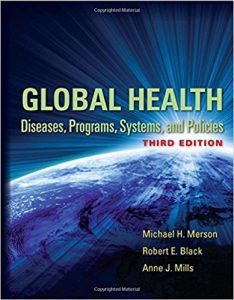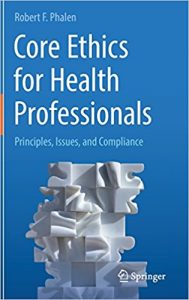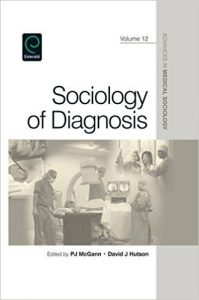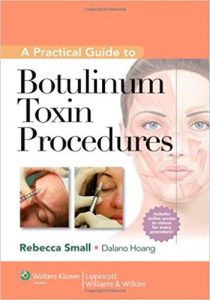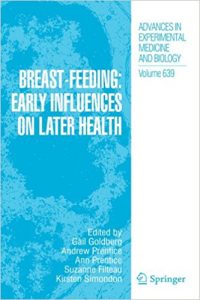Medical Tourism Facilitator’s Handbook 1st Edition
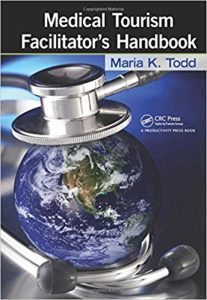
[amazon template=iframe image2&asin=1439812837]
In addition to coordinating health travel logistics and gathering medical records, medical tourism facilitators play the role of travel agent, appointment setter, concierge, hotel reservationist, tour operator, and hand-holder to clients seeking health services domestically and abroad. Addressing the issues that are likely to emerge as clients travel, the Medical Tourism Facilitator’s Handbook is a must-have resource of hard-to-find tools, checklists, terminology, and other helpful information for hospital-based, lay facilitators, travel agents, and even retired physicians and nurses.
Supplying the advice of a recognized expert in global healthcare, the book provides a detailed and empathic understanding of patient needs and expectations. It covers the full range of best and worst case scenarios that can occur when clients travel to obtain health services. Using a conversational tone, it includes coverage of international travel logistics, where to find answers to immigration concerns, confidentiality/privacy issues, and unanticipated care in transit in the event of complications or missed connections.
The book delivers a fast-moving presentation of useful information and teaches readers how to decode the language, what to look for in terms of safety and quality, how to decode hospital facilitator agent agreements, and how to anticipate clients’ needs and expectations. It also includes access to a regularly updated website with helpful worksheets and reference material so you will be prepared to handle any scenario that might present itself when your clients travel.

